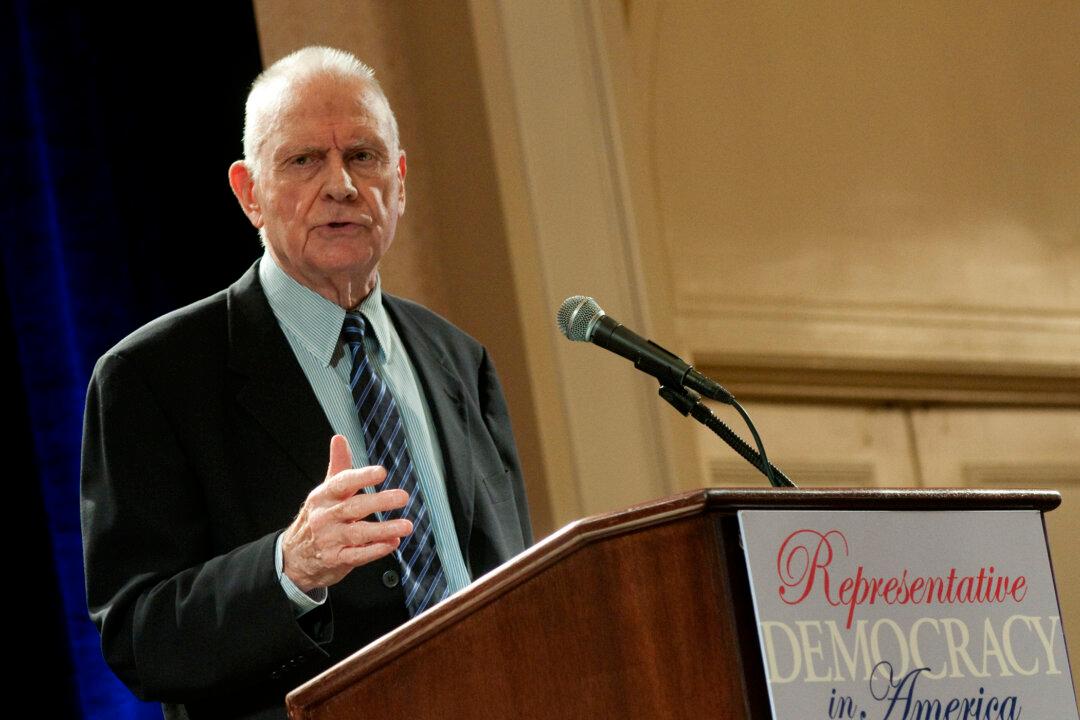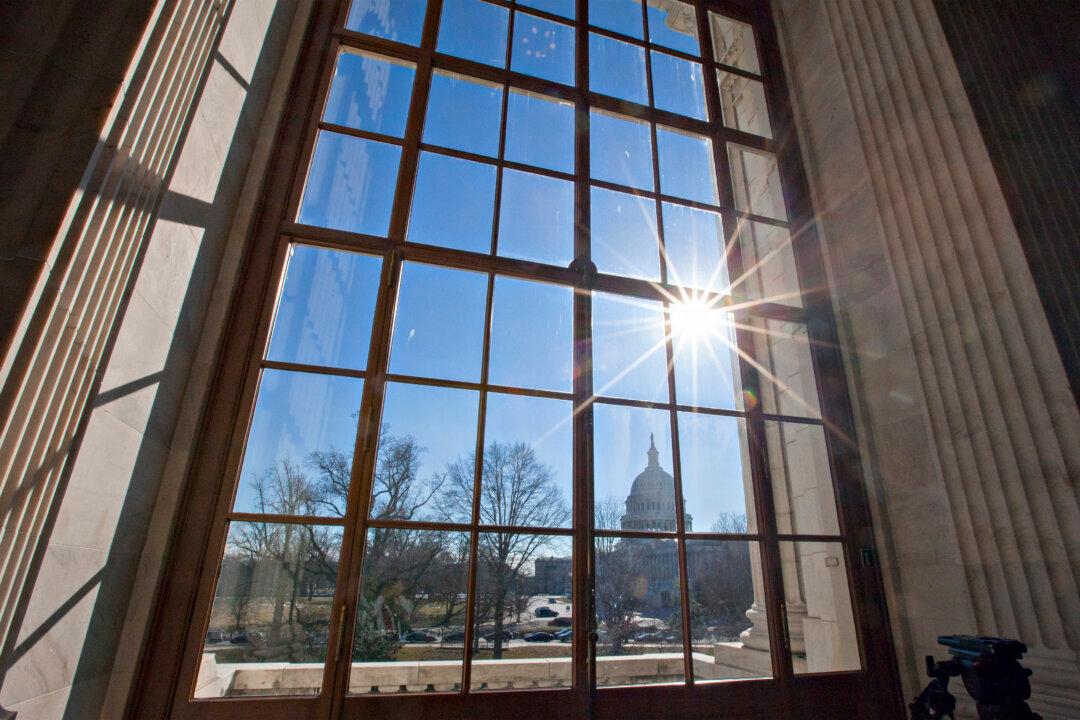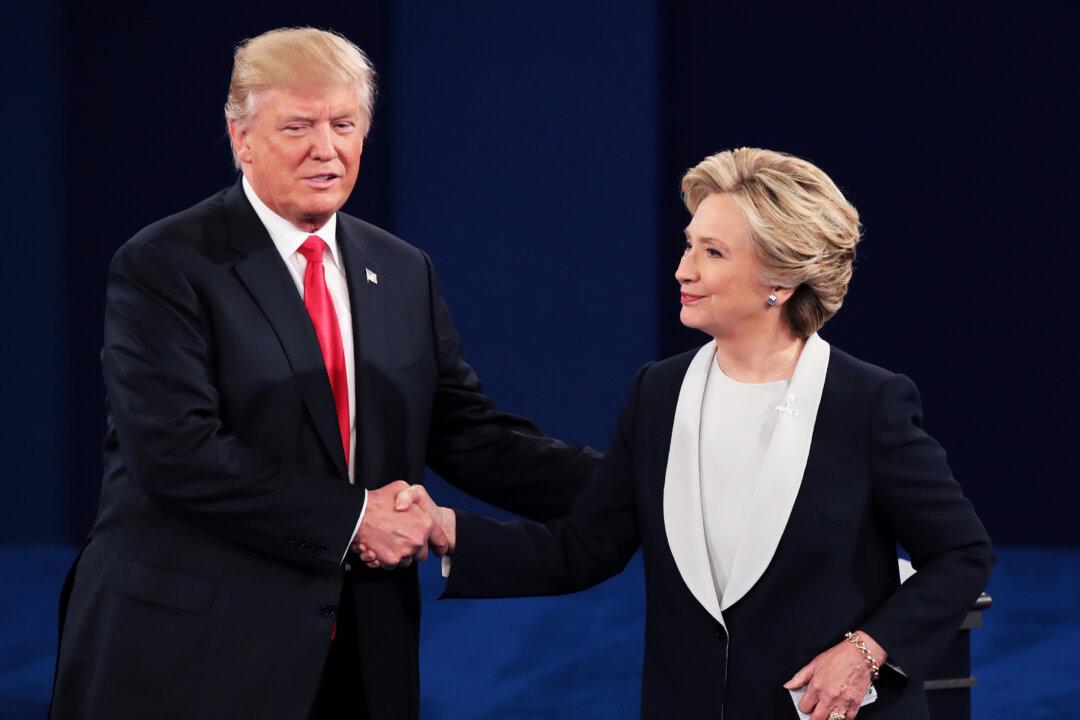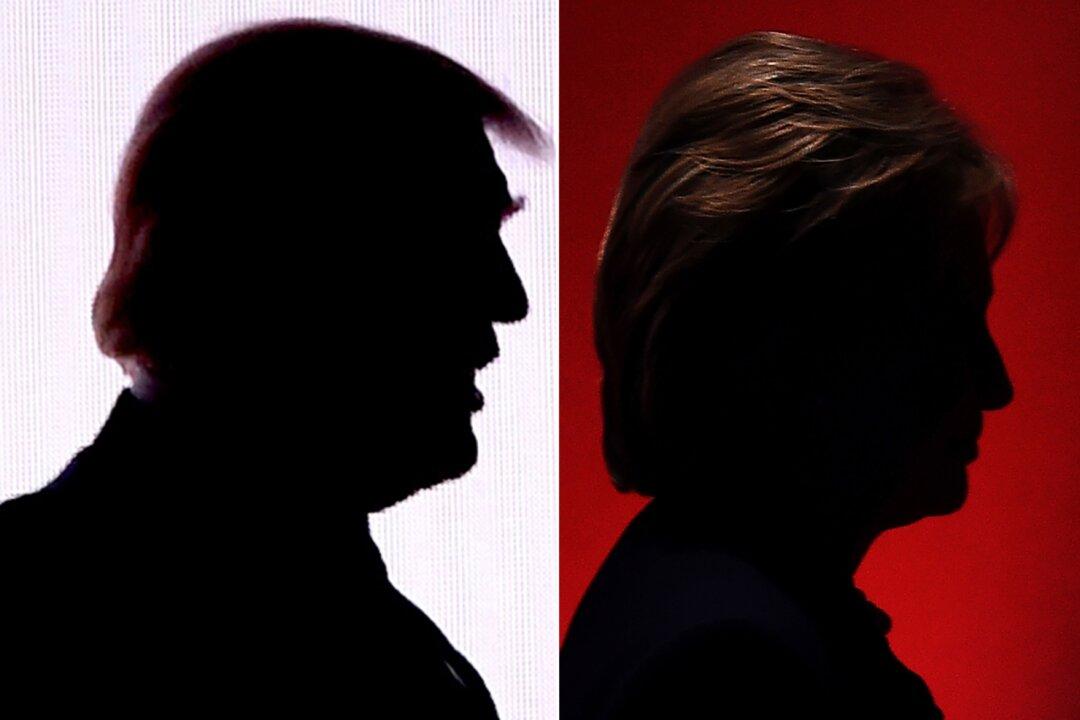If there’s a theme that sets this political season apart, it’s the voters’ utter disdain for most of the people who practice politics. They’re fed up with politicians, they’ve lost faith and confidence in the political elite, and they don’t believe that the realm where politicians ply their craft—government—works.
The two presidential contenders who have most channeled this frustration, Donald Trump and Bernie Sanders, have electrified many voters who want to get this message across. They’ve mobilized new voters, people more mainstream politicians haven’t reached. The involvement of more Americans in the political system, though it unsettles the old order, is bracing.
If you're hell-bent on shaking up the system, you also need to understand it.



